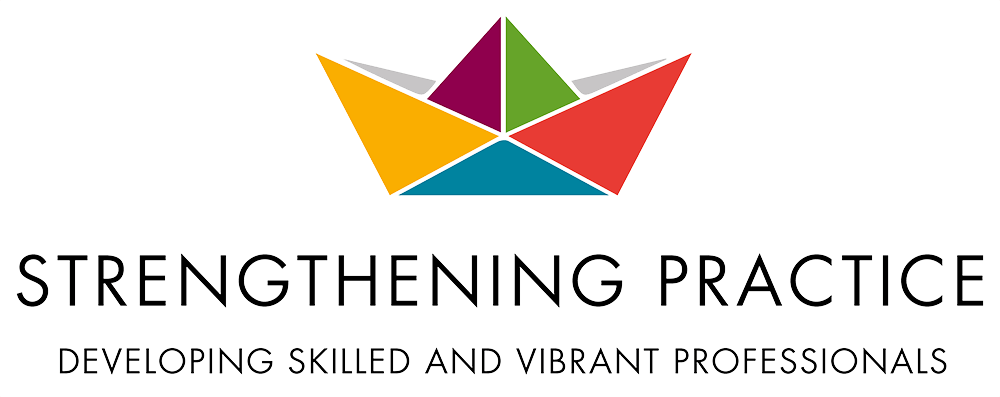
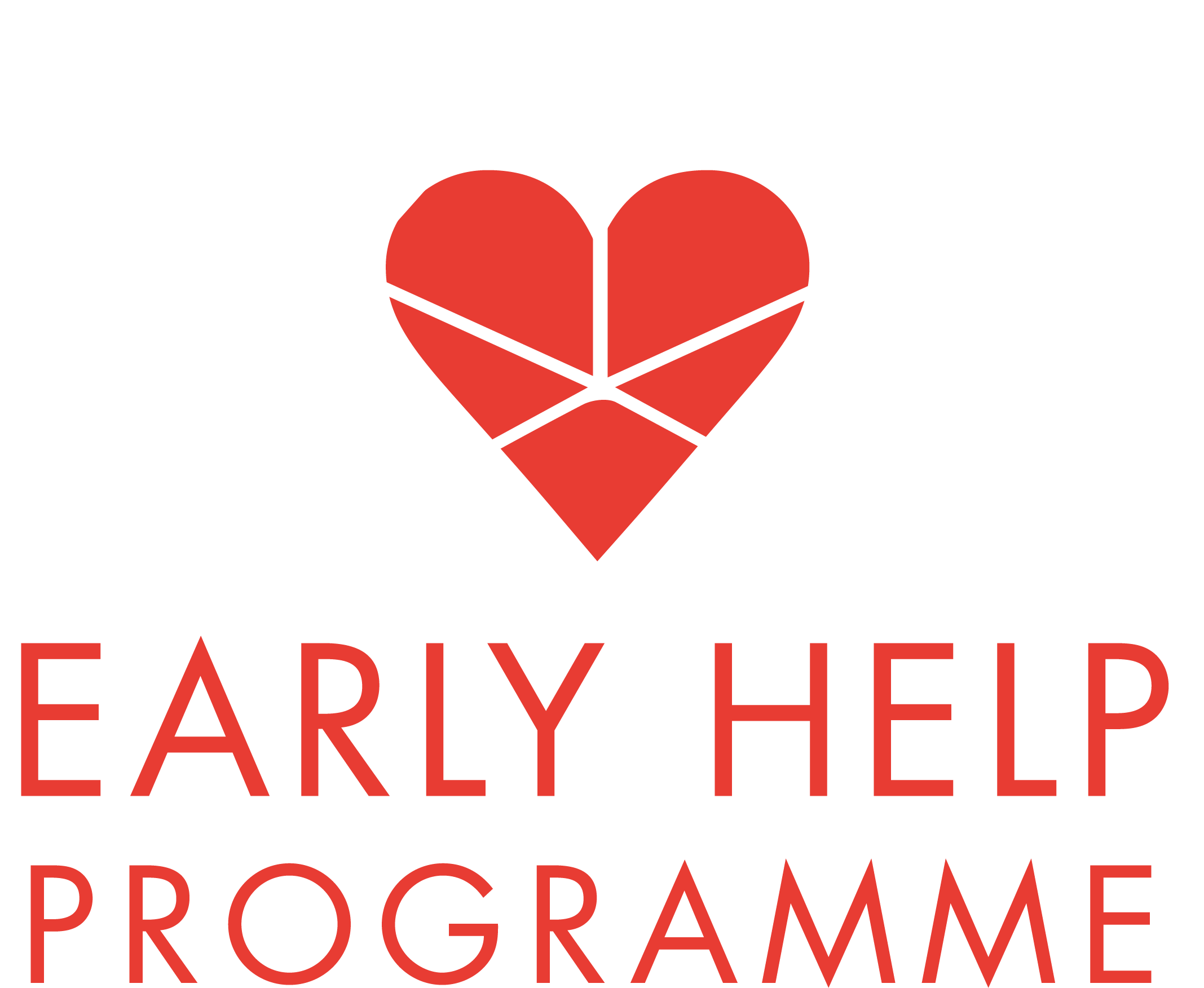
Aim
The Early Help Programme is designed to support anyone who works with children at risk, prior to the stage where social workers have become involved. This role may vary from place to place, but nationally these workers form a vital part of children’s journeys – making decisions on the very front line of care. They support the entire community of professionals who first encounter children, young people and families at risk.
This programme strengthens your team’s knowledge of best practice and up-to-date research and builds capacity to apply this knowledge to their work. The training helps your staff feel more confident making sound and defensible decisions – navigating the situations they encounter with emotional wisdom and resilience to help drive better outcomes for the people you serve.
Tools and Learning Formats
We’ll work closely with you to build exactly the programme you need – working together to identify the areas where your workers will find support and guidance most valuable.
Each module of the programme is delivered through multiple learning methods to ensure your team’s new knowledge results in tangible improvements in children’s lives. This includes full-day foundation workshops, half-day masterclasses, community coaching clinics – plus really useful learning and reference materials.
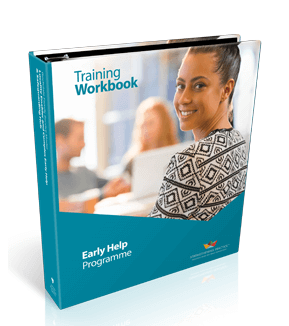
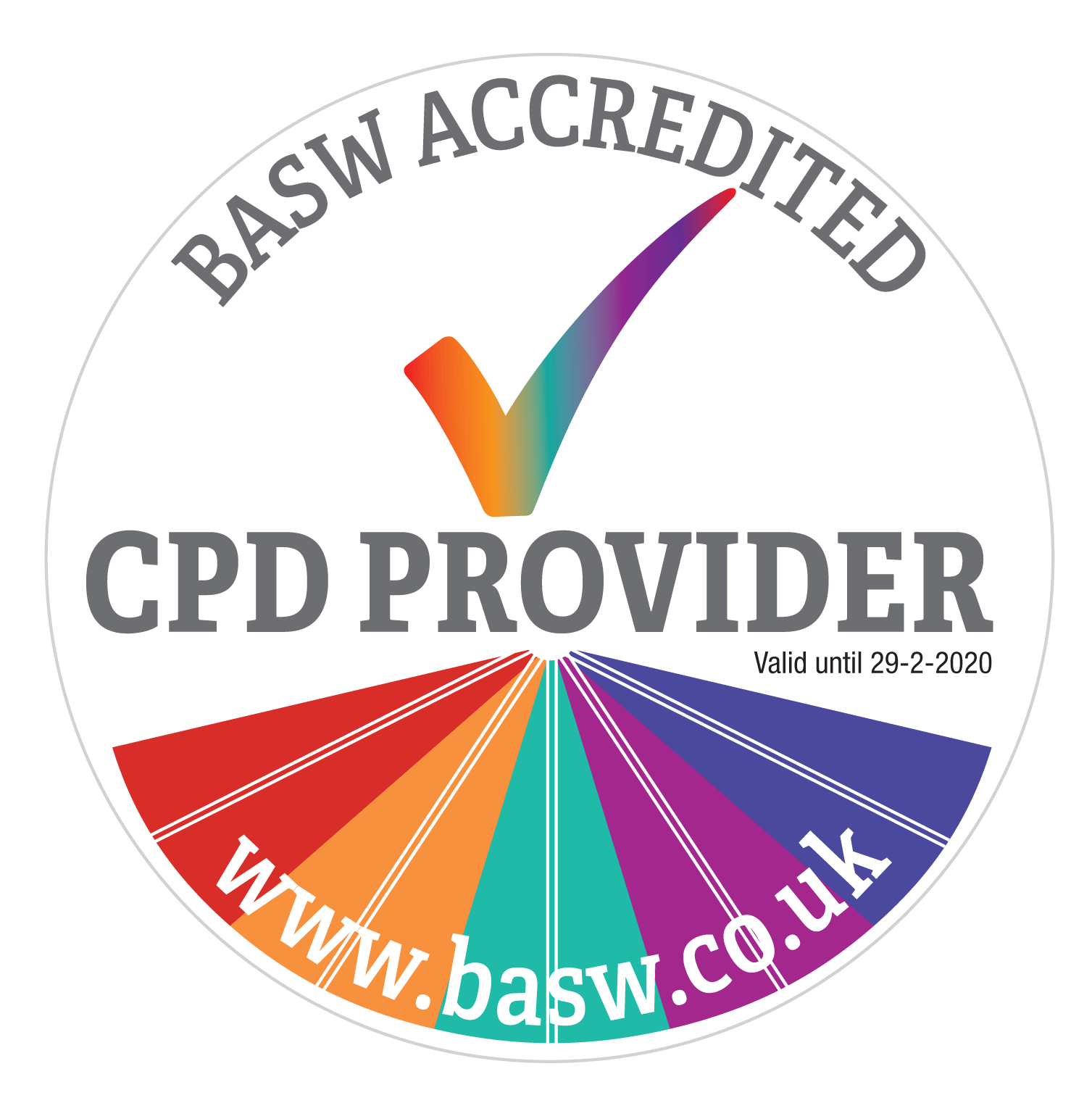



Foundation Workshops
A full-day workshop that allows your team to reflect on up-to-date research and knowledge on best practice with an expert facilitator, helping them to identify the tools and methods of intervention that have proven to be most helpful. This interactive day involves presentations, role plays, problem-solving activities and skills demonstrations – designed to allow the team to draw on each other’s experience as a key resource and confidently apply their refreshed knowledge to drive improvements in their work.
Community Coaching Clinics
Finally, in small groups of eight, your team will work with an accredited and experienced coach to enhance their confidence as educators and coaches in their own right. They’ll leave feeling more confident offering guidance and support to front-line professionals – having developed a conversational and curious questioning style that helps to empower the whole community of professionals you work with – to find positive solutions when faced with challenging cases.
Masterclasses
These intensive three-hour sessions give your team the opportunity for a round-table discussion as a group – to help absorb the new information they’ve gathered and consider how it can inform their practice. These classes will also be supported by quality learning resources and reference materials, leading into to later work in community coaching clinics.
Content and Structure of the Programme
The content of the programme depends entirely upon the needs of your organisation. The following are just a few examples of the kinds of workshops and masterclasses available, facilitated by expert trainers.
Masterclasses
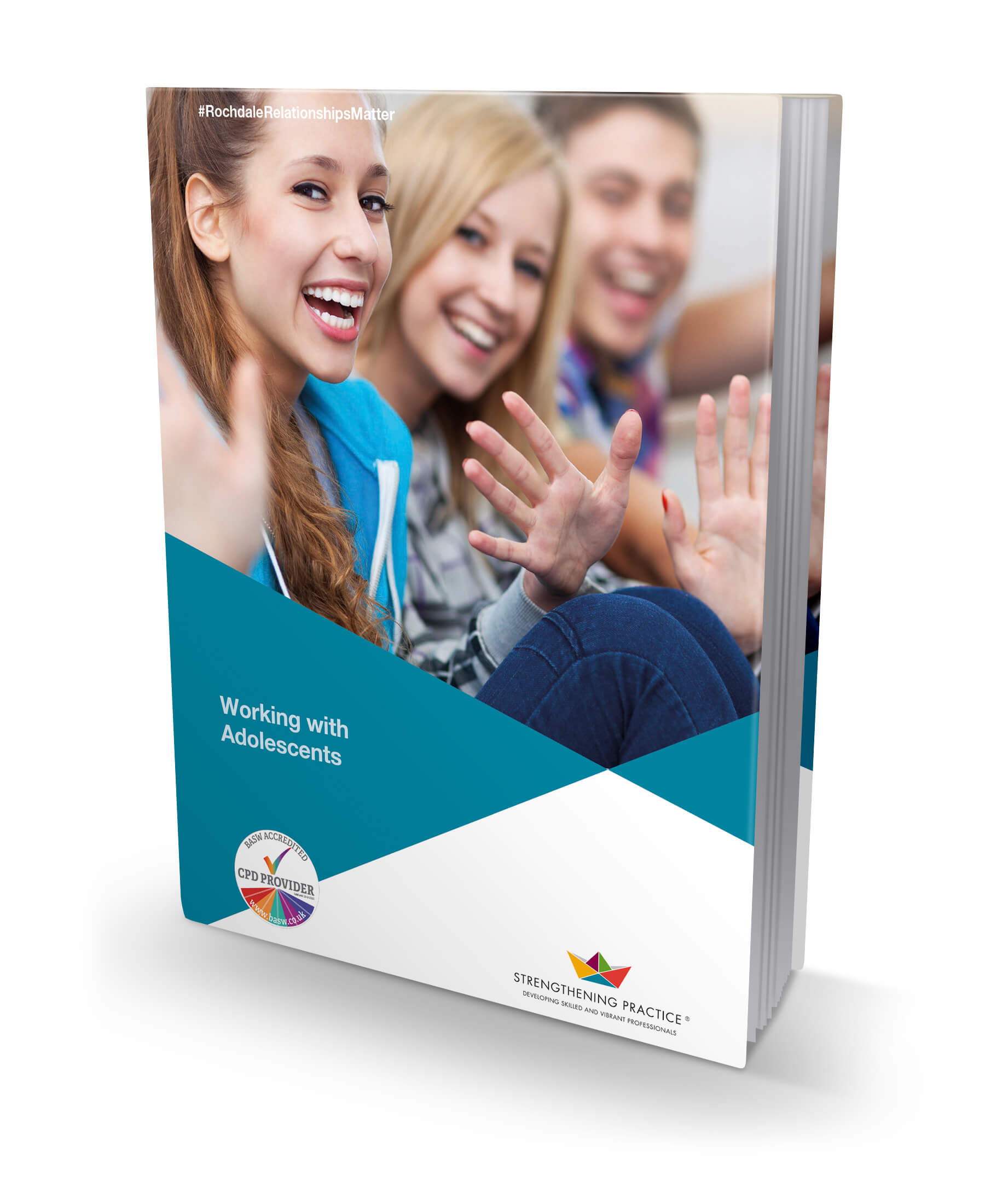
Engaging with adolescents to help make a difference to their lived lives.
We’ll help bring your staff up to date with the latest information and thinking around working effectively with young people. This includes evidence from research on what works in communicating with adolescents, building their resilience, contextual safeguarding and specific risk issues that apply in adolescence. The training helps your team to feel confident applying this knowledge to make a positive difference in adolescents’ lives.
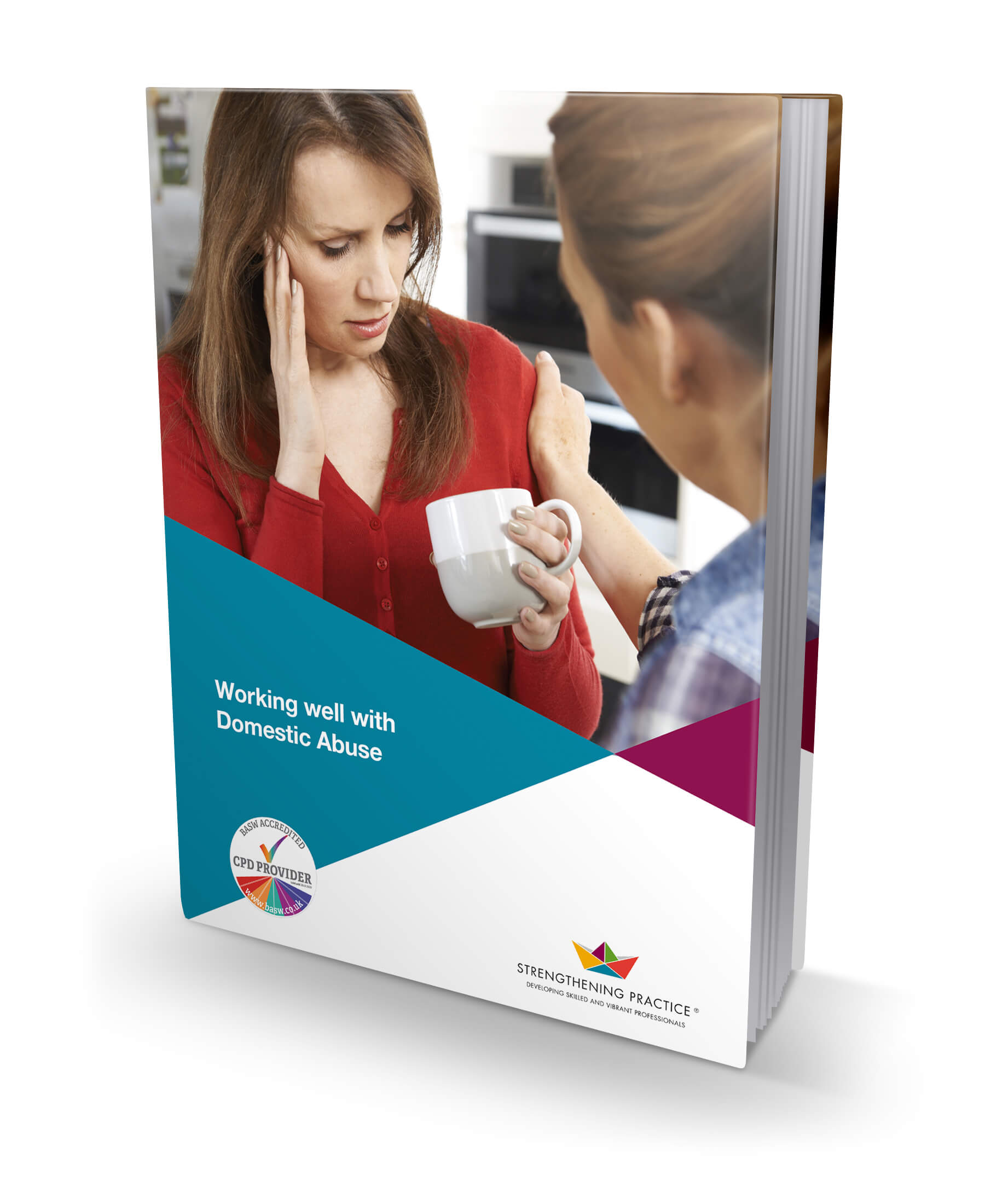
Working well with domestic abuse
This topic helps your workers to apply the latest evidence and knowledge to better deal with situations where domestic abuse is an issue. Your team will learn to define domestic abuse, exploring the power and control dynamics that underpin it. Participants will strengthen their understanding of domestic abuse’s impact on family relationships – better appreciating children’s individual needs and development in the context of domestic abuse and the responsibility to challenge denial and minimisation of abuse. The course helps your staff to learn the most effective ways to speak to children and their families about abuse, and how to apply this knowledge to risk and safety planning to help achieve better outcomes for the people you serve.
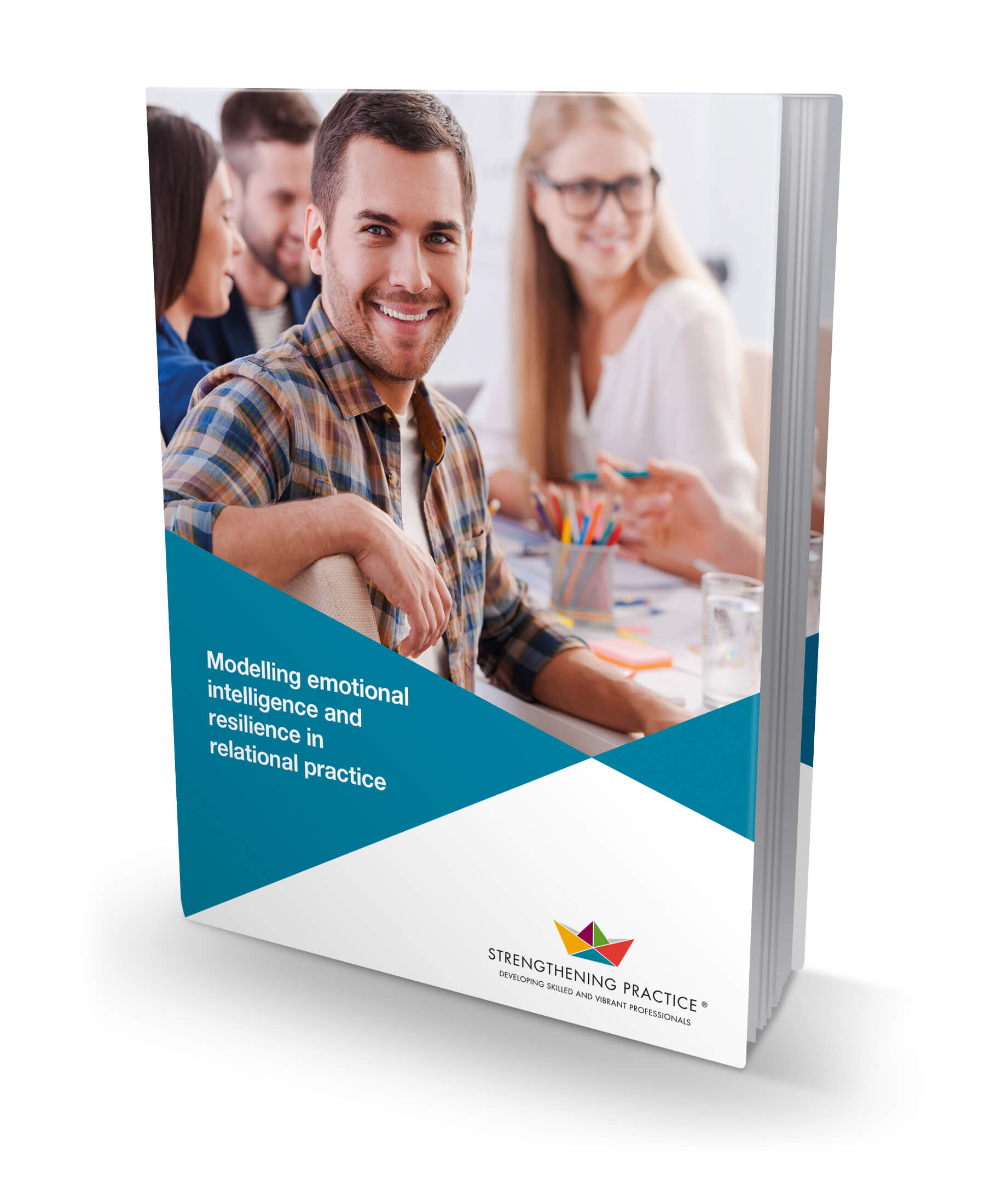
Modelling emotional intelligence and resilience in relational practice
This masterclass gives your team the tools and techniques to boost their resilience while strengthening those they work with. Your staff will explore ways to maintain a positive outlook, control their workload, building emotional intelligence and understanding the signs and impact of secondary trauma, seeking help where needed. We’ll help strengthen your team’s resilience, encouraging them to recognise when and how they need support. The course also explores how your staff can model resilience in their interactions with children, young people and their families – allowing the strength of your team to strengthen in turn the people you serve.
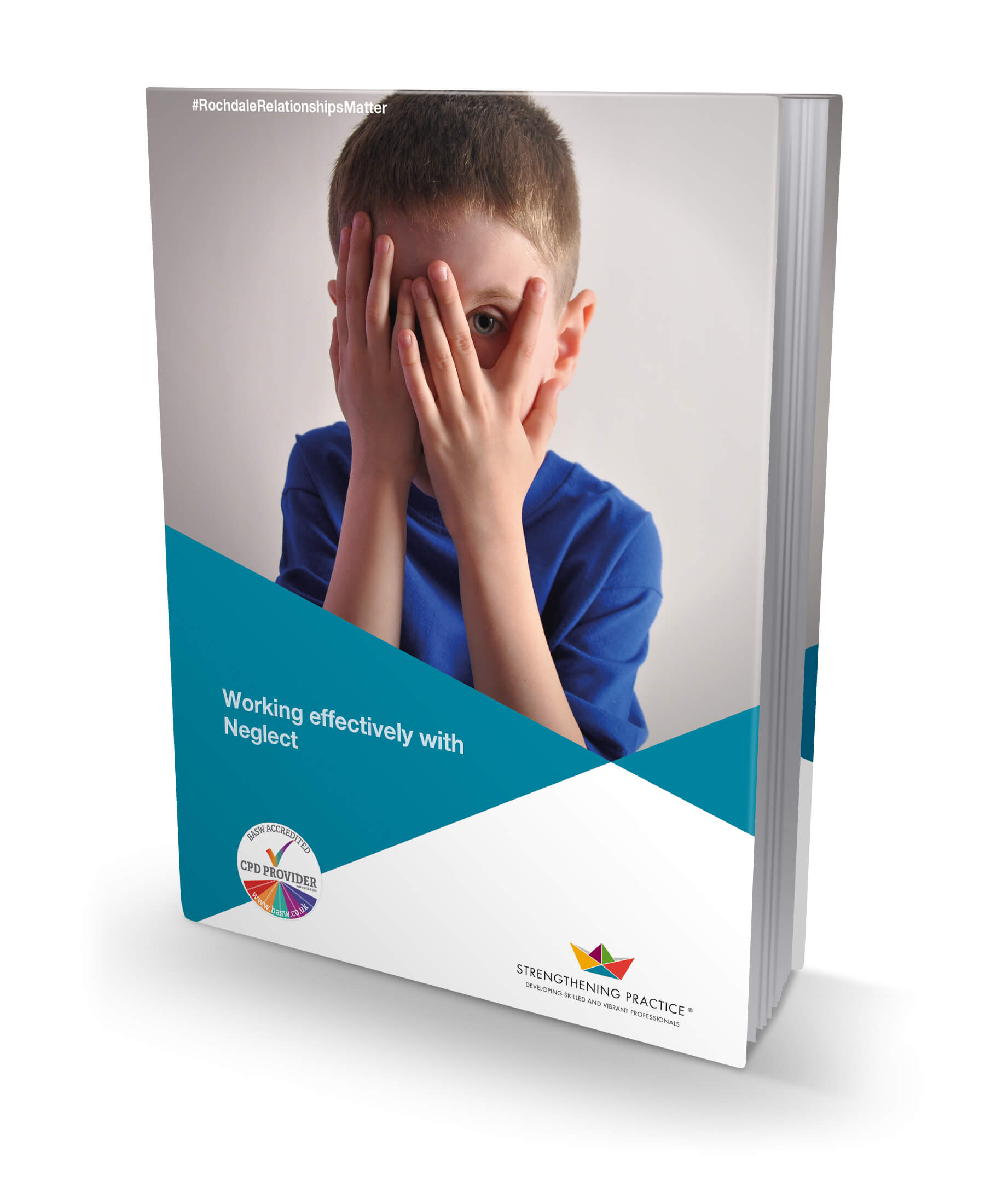
Working effectively where neglect is an issue
This masterclass helps your staff to understand the latest evidence and information on how to most effectively help young people and their families where neglect is an issue. Staff learn to define neglect in its many forms, exploring the impact of neglect on the child and on adolescents. The class encourages your team to think about the causes of neglect and identify strategies for supporting parents to meet their children’s needs. This knowledge helps participants feel more confident in identifying risk and safety issues related to neglect and to apply this to your organisation’s work with children and young people.
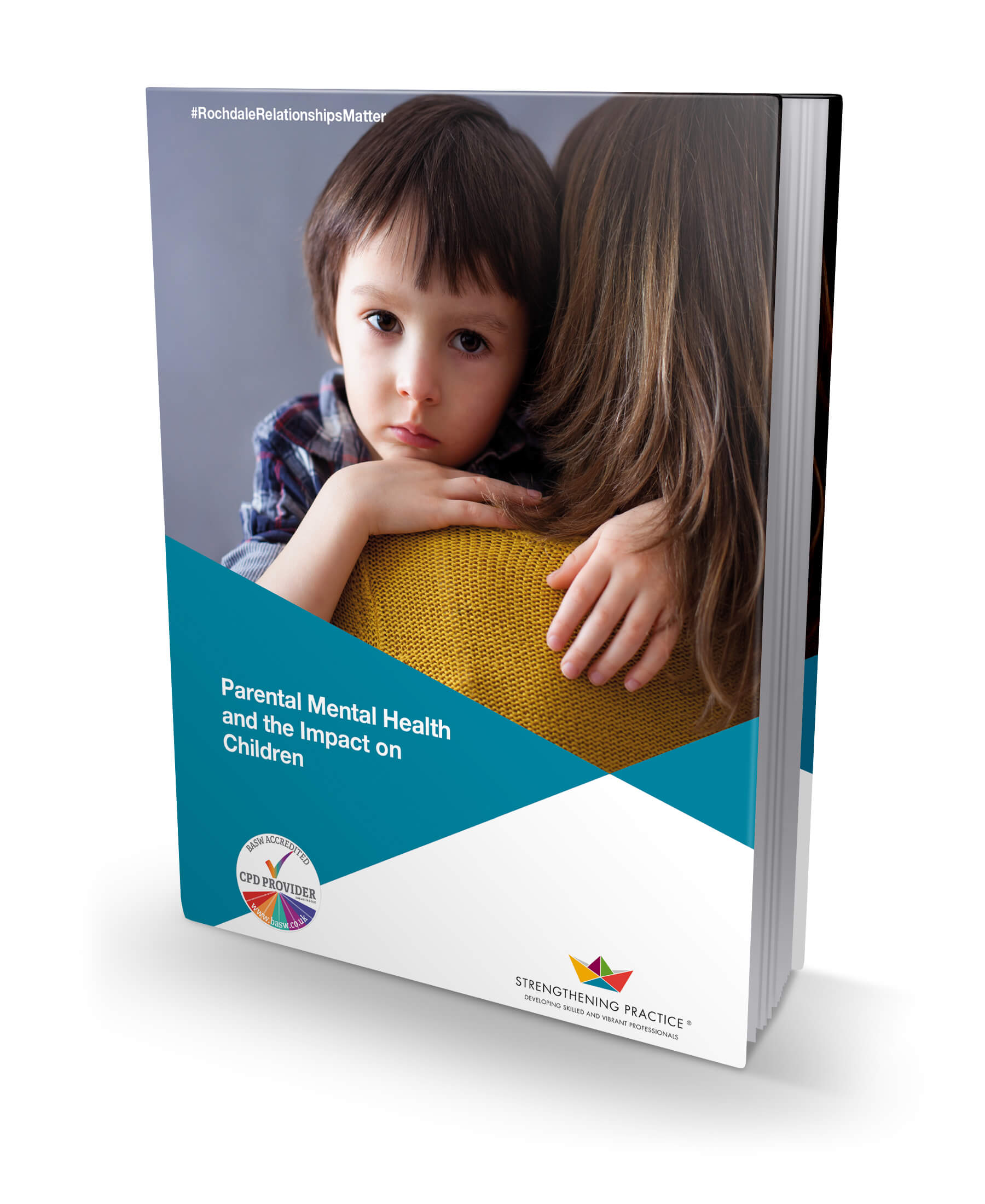
Poor mental health and its impact on behaviours, parenting and families.
In this class your team will learn about the latest evidence-based knowledge around how best to approach situations where mental health is an issue. Your staff will learn how to define mental illness and understand its different types and causes. The course explores reasons why people don’t seek help and the impact mental illness may have on parenting capacity. Your team will also learn how issues of mental health are experienced through a child’s eyes, helping them to sensitively apply this knowledge to more effectively identify risk and safety issues in parental mental health.
Foundation Workshops
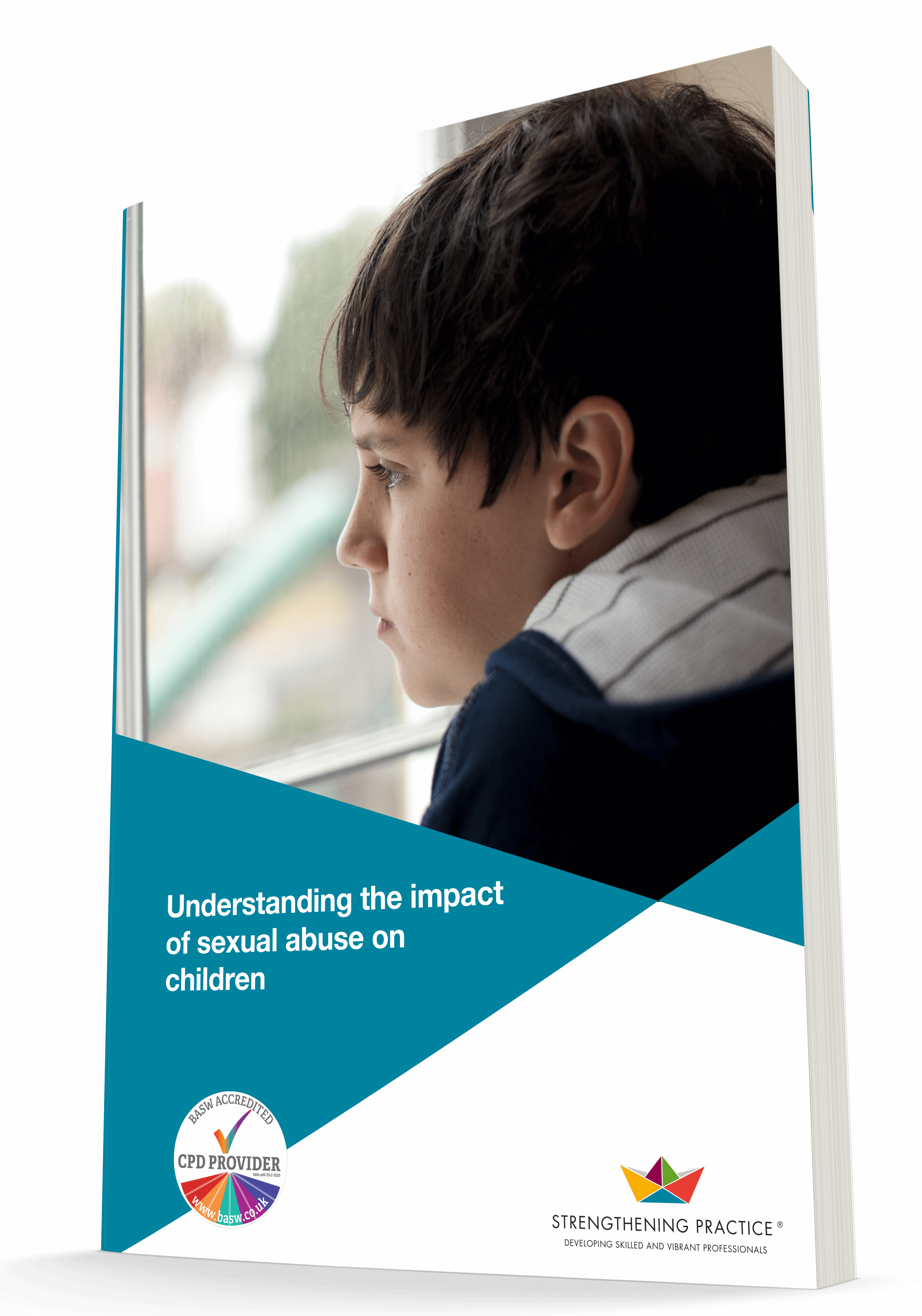
Understanding contributors to, and early signs of, abuse, neglect and exploitation.
This workshop establishes a common language to ensure that your staff clearly understand what defines abuse, neglect and exploitation of children young people and their families. It makes use of concepts including thresholds, risk and resilience matrices, and child development – so staff feel more confident identifying risks to children and young people.
Engaging, listening and responding helpfully to children and families – a whole family approach.
A class that helps your staff to communicate more effectively with children and families during assessment and planning – vital in driving improvements to the work your organisation delivers. The coursework promotes partnership working and techniques that help families learn from practitioners. Participants explore questioning techniques such as Motivational Interviewing, Signs of Safety and Solution-focused Approaches, developing SMART plans and learning how the whole family network can help support effective change.
Professional judgement and decision making.
We’ll help your team to strengthen their evidence-based decision making and make better decisions. This course examines how we use our professional curiosity and heuristics to gather and process information – considering many possibilities and triangulating a child’s story to arrive at a decision ‘least likely to be wrong.’ We’ll help your staff to implement useful tools including checklists and matrices to help expand the scope of their thinking and the possibilities they consider when considering new cases.
Informed Consent, information sharing, and recording.
This workshop helps your staff to understand the importance of safe and effective information sharing and evidence-based recording. Referring to legislation and best practice guidance around information sharing, your team will better understand the value base and the ethics of recording – appreciating the critical importance of good record keeping for your organisation, for them, and for the children you work with. Tools such as genograms, chronologies and the discrepancy matrix will help staff record and share their observations with confidence.
Evaluation
We consult with you throughout the programme, gathering feedback from participants and facilitators and sharing this with you. We support you to identify any obstacles to learning and work together to make sure the newly-acquired knowledge and skills are driving real improvements in the lives of children, young people and families.
Following the course, you’ll have access to a comprehensive and detailed study of the impact on your organisation. It’s an authoritative account covering positives and negatives of the training, detailing how practice has improved and highlighting any remaining obstacles or areas for further improvement.
Would your staff find this programme useful? Get in touch to see how we can help.
Our Clients









